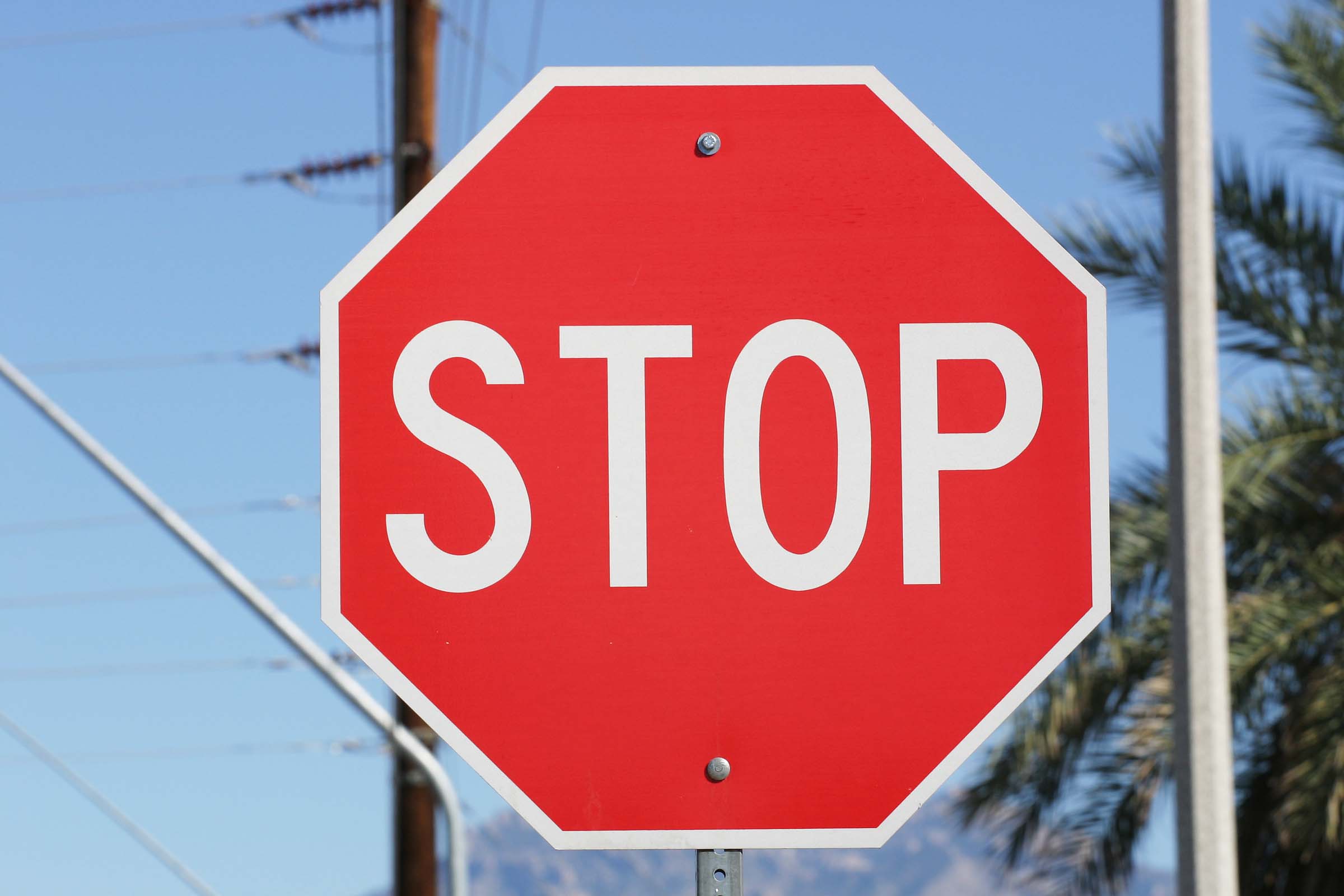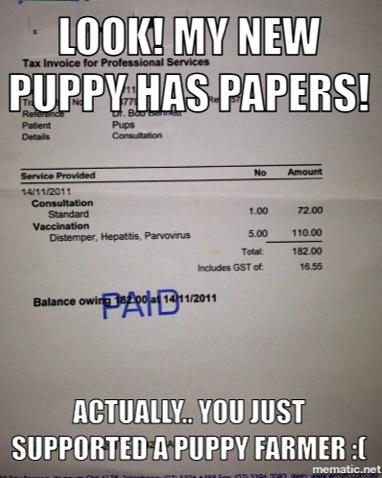How my puppy buying process works

I am currently receiving a high volume of puppy enquiries, and thought it may be useful to ‘demystify’ the puppy buying process. This blog post outlines the general process, and also some frequently asked questions.
Initial Contact
A puppy buyer will make first contact at some point. My preference is always to receive a phone call – I feel like I understand a person better when I hear their voice. We know that text doesn’t translate well on a screen. Phone calls are also more special – I receive about two enquiries by email each day, but I probably receive one my phone every fortnight. Those people who call me make a great first impression. I will suggest that the puppy buyer call me again at a particular time, and will generally invite the puppy buyer to visit our home and our dogs (or meet us at a dog sport).
The bitch is in season
On the initial contact, I will normally suggest that the puppy buyer contact me at a specific date. Generally, this date is at the approximate time that a bitch is due in season. When the puppy buyer contacts me again, I welcome the opportunity to have another chat and get to know them a little more. With any luck, the bitch has come in season as planned. However, it’s possible the bitch is not in yet – in which I will ask the puppy buyer to contact me again in about a month. If the bitch is in season, I will ask the puppy buyer to contact me again after the bitch has been mated.
The bitch has been mated
Once the bitch has been mated, we schedule an ultrasound for 28 days after the last mating. We will let the puppy buyer know the date scheduled for this ultrasound, and ask them to contact us again a few days after this ultrasound.
It is at this stage that I may begin to make a small list. I have, afterall, hopefully known these people for a few months now, and so have some idea of what sex and colour they’re interested in, and what type of home they can offer.
The bitch has an ultrasound
When the bitch has an ultrasound, this will show approximately how many puppies she will have. This may be zero, in which case, when the puppy buyer next calls, I will have to tell them our disappointing news, and advise them when our next bitch is due in season. We start this whole thing again (but not quite from scratch – I do know this person now, and I’m very pleased that they have kept in touch). If there are puppies expected, I will let the puppy buyer know how likely it is that they will get a puppy. If I only have two puppies on board, and I have five people wanting a puppy, it’s unlikely I will be able to fulfil all ‘orders’. Generally, the people who have been in contact the longest, or those that I have formed the best relationship with, are ones that are more likely to get a puppy. People who have visited us and I now personally know are harder to deny. People who have an interest in dog sports also appeal to me, as I love to see my dogs working in their new homes. However, even if I’ve said there is a low likelihood that they’ll get a puppy, there is still hope – sometimes ultrasounds are inaccurate. There may be more.
I now definitely have a list of people who are interested, just so I can keep track. However, I don’t bother recording contact details for those people – just their name and their preferred sex and colour. If they really want a puppy, I trust that they’ll contact me again.
I ask the puppy buyer to contact us a few days after the puppies due date.
The puppies are born
Finally, we have a litter of puppies! I now know what sex and colours they are! From here, I can now look on my list and see which orders I can fulfil. My needs always come first, and my intention is to keep a bitch puppy from almost every litter (if I don’t, then I can’t continue to have litters). Sometimes this gets tricky as I may not know if I will have a bitch that is show and breeding quality in the litter, but I pencil in my name next to one bitch at least.
Here is when I begin to match puppies to owners, tenatively – based on those basic sex and colour categories. When a puppy buyer contacts me at this stage, I will again say how likely or not that a puppy will be available to them. I will save the contact details of several who are ‘next in line’, as nothing at this stage is set in stone.
The puppies are three weeks old
When the puppies are three weeks old, and I feel confident that they are healthy, I will ask for deposits from those successful puppy buyers. They will also be sent a contract to complete at this stage, outlining the terms of sale. If any person refuses the contract, then I have those next on my tentative list to contact. I will also invite those who have signed a contract and sent me a deposit to friend me on Facebook to see all the photos I’ve been posting!
The puppies are seven weeks old
At seven weeks of age, I have a fair idea of which puppy is going to which home. I will let the puppy buyers know which puppy I think will be theirs during this week.
The puppies will have their vaccinations, microchipping, and vet check. If the vet check reveals any issues with the puppy (for example, low grade heart murmurs, undescended testicles, inguinal hernias, etc), then I will contact the puppy buyer to advise them. The contract they previously signed advises them that they may withdraw from sale at this point, if the puppy is ‘unwell’. Most puppy buyers do not withdraw. If a puppy buyer does withdraw, I will return their deposit, and contact other puppy buyers on our list.
The puppies are eight weeks old
The puppies leave to their new homes at eight weeks (or twelve weeks for puppies being exported). We are, of course, able to provide ongoing support to all our puppy buyers, and will always take back a dog at any stage of their life if they are in need.
Frequently Asked Questions
Can we go on your waiting list?
I do not keep a waiting list. I receive in excess of 300 puppy enquiries a year. I have bred (as of 23/04/2020) 34 puppies over ten years. I have no desire to maintain a waiting list, and by not keeping a waiting list, I defer responsibility to puppy buyers. I trust that any genuine puppy buyer will ‘bother’ to keep contact with me and, if that is too much work, then I’m very glad to find a home that is more committed.
Can you take a deposit now?
I do not take deposits until puppies are 3 weeks old. This is to avoid disappointment. Again, I do not breed many puppies, and so if I take a deposit now, it may be years before I can provide you with a puppy. This is a organisational nightmare that I do not want to partake in.
What is your application process?
I’m not that formal. You apply by talking to me, being friendly, meeting my dogs, being nice to them, showing interest in the breed, and being patient and kind. As I want to help my puppy buyers suport their dog for life, if I don’t get along with the person, then it’s not going to work (for either of us!).
Why is this so hard?
I don’t think it’s ‘so hard’ to form a relationship with me instead of engage in a transactional arrangement. If you don’t like how I sell my dogs, then you can contact another breeder. You might find one that is perfect for you that you click with, which is better for you, me, and the dog!
I was really hoping to have a puppy by (date).
I cannot control when my bitches come into season, whether they conceive from a mating, or how many puppies they produce of a given sex or colour. Puppies do not grow on trees and I cannot simply find one for you to meet your timeline. It is generally recommended that you contact me 12 months or more prior to wanting to purchase a puppy – this will improve your chances, but still won’t guarantee anything.
How do you choose between puppy buyers?
The honest truth is: I choose puppy buyers that I like. I particularly like people who I have gotten to know over a long period, and who have bothered to visit me and my dogs.
What are your terms for a puppy to show or breed from?
My main register puppies are sold on co-ownership. When that puppy gains a title (in any discipline – not just conformation) then I will sign that puppy entirely into the new owners name. This is to stop ‘backyard breeders’ who simply acquire a dog to breed from. I want to make sure puppies I sell get to prove their ability to be smart or be beautiful before they are bred from. I am very happy to sell my dogs to show and breeding terms, and I can send the full contract on request, well in advance of puppies being born so the prospective home can make their own choices regarding pursuing purchase or otherwise.
Can you recommend another breeder?
I do not recommend any other breeder. You can find other breeders on DogzOnline.com.au, and I would always recommend you visit any premises to ensure you are happy with the environment your puppy has been born and raised in.
I hope this blog post helps to demystify the puppy purchasing process. If you have any further questions you’d like answered, please comment below.
You may also like: How to find a good dog breeder, and our puppies 2012.




